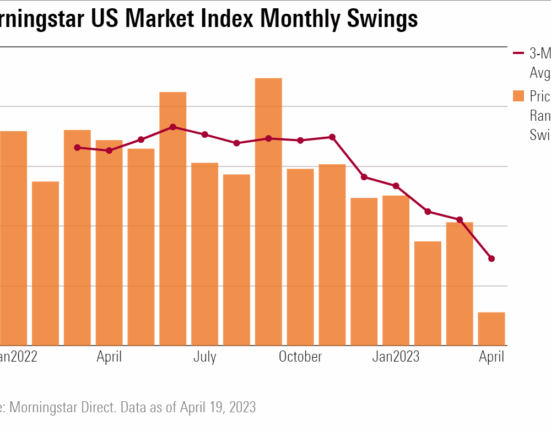The United States’ social safety net could undergo a seismic shift if the budget bill supported by President Donald Trump and recently approved by the House of Representatives is enacted into law. This legislation entails several significant changes that would impact low-income individuals relying on Medicaid for health insurance and food assistance.
Medicaid Work Requirements:
Initially, one of the key provisions includes mandating work requirements for many low-income adults to qualify for Medicaid coverage starting next year. Although a majority of current enrollees meet this requirement, approximately 5 million individuals could risk losing their health insurance due to these stringent regulations.
Expert Insights:
Eduardo Conrado from Ascension warned about the potential pitfalls of increased eligibility checks leading to wrongful termination of benefits, especially affecting rural hospitals that heavily rely on Medicaid reimbursements.
Joan Alker from Georgetown University emphasized that such work requirements do not necessarily result in higher employment rates but rather lead to a reduction in healthcare coverage for vulnerable populations.
Impact on SNAP Benefits:
Furthermore, the bill extends work requirements to Supplemental Nutrition Assistance Program (SNAP) recipients up to age 65, significantly broadening obligations for beneficiaries. This change may put around 6 million adults at risk of losing their vital food assistance benefits.
Expert Insights:
Analysis by the Center on Budget and Policy Priorities suggests that these modifications could potentially reduce SNAP participation without effectively boosting employment rates among recipients.
Restrictions on Planned Parenthood:
Another contentious aspect is the provision prohibiting federal funds from going towards organizations like Planned Parenthood, leading to possible closure of numerous health centers across states where abortion is legal. This move threatens access to essential healthcare services beyond just abortion procedures.
Expert Insights:
Planned Parenthood’s President Alexis McGill Johnson expressed concerns over jeopardizing access to quality healthcare services beyond abortion and stressed the critical role their organization plays in providing comprehensive care.
Limits on Gender-Affirming Care:
Additionally, there are alarming restrictions proposed regarding gender-affirming care under Medicaid coverage until 2027. The bill aims to halt funding for gender-related medical treatments like hormone therapy and surgeries through public programs.
Expert Insights:
Advocates for Trans Equality have raised alarms about limiting access to gender-affirming care as an effective public health strategy with significant cost savings in the long run despite opposition from certain quarters within society.
In conclusion, while proponents argue that these changes will streamline government spending and promote individual accountability, critics fear detrimental effects on vulnerable populations who rely heavily on these support systems. As this budget bill progresses through legislative channels towards implementation, its far-reaching consequences merit close attention and scrutiny from all stakeholders involved in shaping America’s social welfare landscape.








Leave feedback about this